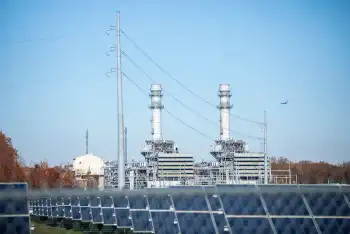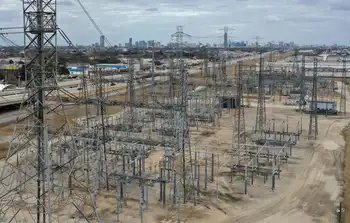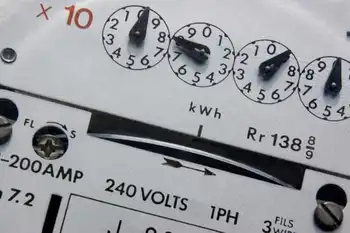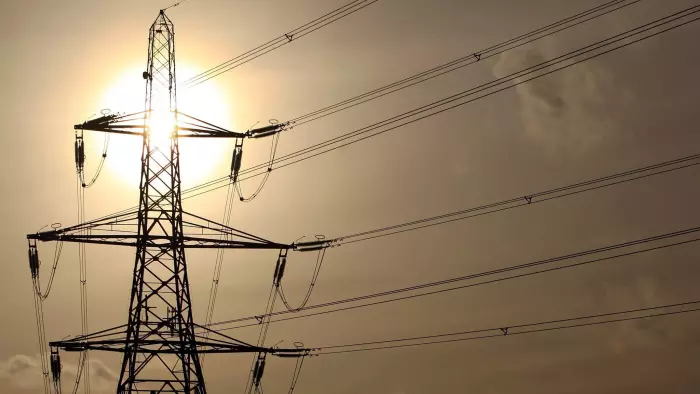Alcoa halts $1B refinery upgrade in Quebec
By Canadian Press
NFPA 70b Training - Electrical Maintenance
Our customized live online or in‑person group training can be delivered to your staff at your location.

- Live Online
- 12 hours Instructor-led
- Group Training Available
The new Liberal government elected in April 2003 wants to renegotiate terms of a deal struck by the previous Parti Quebecois government that provided a 10-year tax break and an interest-free loan of $170 million for the project.
"Alcoa cannot continue to invest in a project without a firm agreement with the Quebec government," Jean-Pierre Gilardeau, president, primary metals for Alcoa Canada, said recently.
He said an agreement reached with the provincial government in 2002 was called into question by Premier Jean Charest's Liberal government last fall, invoking constraints on the availability of energy.
Gilardeau said it was not until last Dec. 4, a few days before the expiry of the original agreement, "that the government let the company know the agreement had to be reviewed on a new basis including job creation with aluminum manufacturing.
"In consequence, the government wants to open a new round of negotiations."
The modernization was to have created 5,850 direct and indirect jobs over eight years in Quebec's North Shore region but no new jobs for the expanded smelter although Alcoa committed to keeping a minimum of 1,476 on its payroll there.
"I think the government - and definitely us - we are all willing to finding a way to make this happen and have a win-win situation for everyone," Gilardeau said in an interview. He said the cost of energy is not an issue because Alcoa pays the same industrial rate as everyone else.
The project would increase the plant's capacity to 547,000 tonnes a year from 437,000 tonnes.
Michel Rochette, spokesman for Quebec's Economic and Regional Development Department, said the project is a priority and will be completed.
Rochette said the original agreement was negotiated without Hydro-Quebec input.
"We have to correct some errors of the previous government," said Rochette.
However Francois Legault, the Parti Quebecois economic critic, said the original announcement was made in the presence of Andre Caille, the president of Hydro-Quebec.
Denis Berube, president of the aluminum union, said that "if the plant is not modernized, it could not carry on for long."
Analyst Ian Howat, of National Bank Financial, does not see the halt as a major setback for Alcoa.
"In the scheme of the whole industry, capacity not being built isn't that a big a deal," said Howat.
"Maybe they (Alcoa) are saying, `If you can't give us the type of deal we want, we'll sit back and wait to see if the government becomes more negotiable.'"
Alcoa had undertaken to start the project before the end of 2003. Engineering work began in March 2003 and initial bids had been sought.
In May 2003, Alcoa began final negotiations with the Quebec government for electricity supplies and financing, but the deal became invalid after the government refused to extend it by two months, preferring to re-negotiate on a new basis, Gilardeau said.
The company, a subsidiary of the Pittsburgh-based world aluminum leader, and the Quebec government have given themselves until Feb. 29 to reach a new deal.
Pittsburgh-based Alcoa is also negotiating a new agreement with the Quebec government over Alcoa's planned expansion of its smelter at Deschambault near Quebec City, at a cost of $750 million.
Parent company Alcoa Inc. has 127,000 employees in 40 countries. It had revenues of $20.3 billion US in 2002.
Recently, Alcoa said it had scrapped plans to spend $1.3 billion US for a new smelter and power plants in Brazil because the country's new electricity regulation would drive up production costs. It said it would reconsider if Brazil polices turn in their favour.











